- +256 772 069 909
- join@machinerytraininguganda.com
- Plot 463 Ave, Agora Mall, Kireka
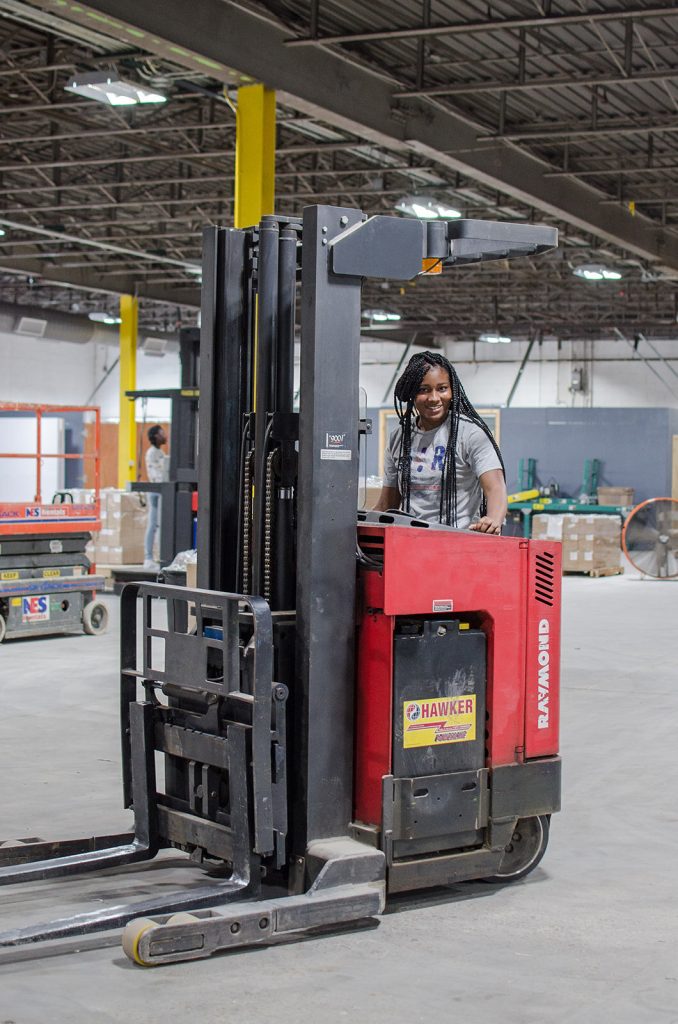
In Uganda today, the demand for trained forklift operators is rising faster than ever. Walk into any large warehouse in Namanve, construction site in Entebbe, or busy logistics depot in Mukono and you’ll hear the hum of machines and see skilled forklift operators moving pallets with precision. But behind that smooth operation is more than just knowing how to drive a forklift. It takes real skills skills that employers are actively seeking in Uganda and beyond.
Whether you’re a school dropout looking for a second chance, a recent graduate searching for practical work, or a young person eager to earn and build a career, this guide is for you. At Machinery Training Uganda, we don’t just teach you how to move machines we shape you into becoming that confident, employable operator you have always wanted to become.
Here are the top 5 skills every forklift operator in Uganda must have and how to learn them the right way.
1. Proper Machine Handling & Control
Operating a forklift is not the same as driving a car. A forklift has rear-wheel steering, a tighter turning radius, and a large load at the front that can block your view. You need steady hands, control, and clear judgment when lifting, reversing, or turning in tight warehouse spaces.
At Machinery Training Uganda, our trainers guide you step-by-step on real forklifts. You’ll learn how to:
Whether in English, Swahili, or even Luganda, our instructors make sure you understand every step even if you’re new to machinery.
2. Situational Awareness & Safety
In Uganda, where warehouses can be packed and chaotic, a skilled forklift operator must have strong situational awareness. You’re not just watching your load you’re watching people, other machines, uneven surfaces, and sometimes livestock running across a site.
Safety is non-negotiable. You’ll be trained to:
Many accidents happen due to small mistakes but we believe no mistake is too small to correct. Our training includes real-life safety drills to prepare you for work in Uganda’s busy logistics and construction environments.
3. Load Management & Balance
A forklift is built to carry weight, but how you carry it matters. A badly balanced load can cause the entire machine to tip over—and that’s not just a machine issue, it’s a life risk.
During training, we show you how to:
These are the kind of practical details you won’t find on YouTube. We teach you using real materials, real pallets, and real-time feedback from trainers.
4. Communication & Teamwork
In Ugandan warehouses or construction zones, forklift operators don’t work alone. You coordinate with storekeepers, logistics teams, and even security guards. That’s why communication both verbal and non-verbal is a vital skill.
We emphasize:
At Machinery Training Uganda, you’ll work in group drills and simulations so you’re prepared for teamwork—because the best operators don’t just move loads, they move with people.
5. Basic Maintenance & Daily Checks
No company wants a machine breakdown in the middle of operations. And in Uganda, where access to fast mechanical help can be tricky, operators who can spot issues early are highly valued.
We teach you how to:
This gives you an edge not just as a driver, but as a responsible asset to any company.
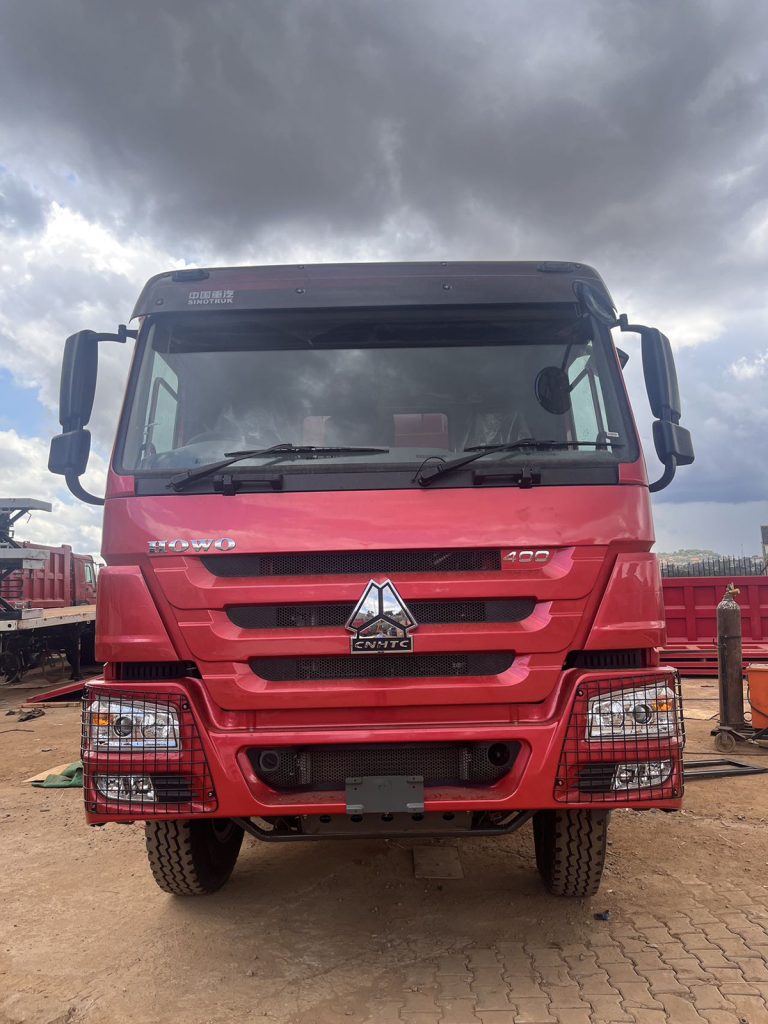
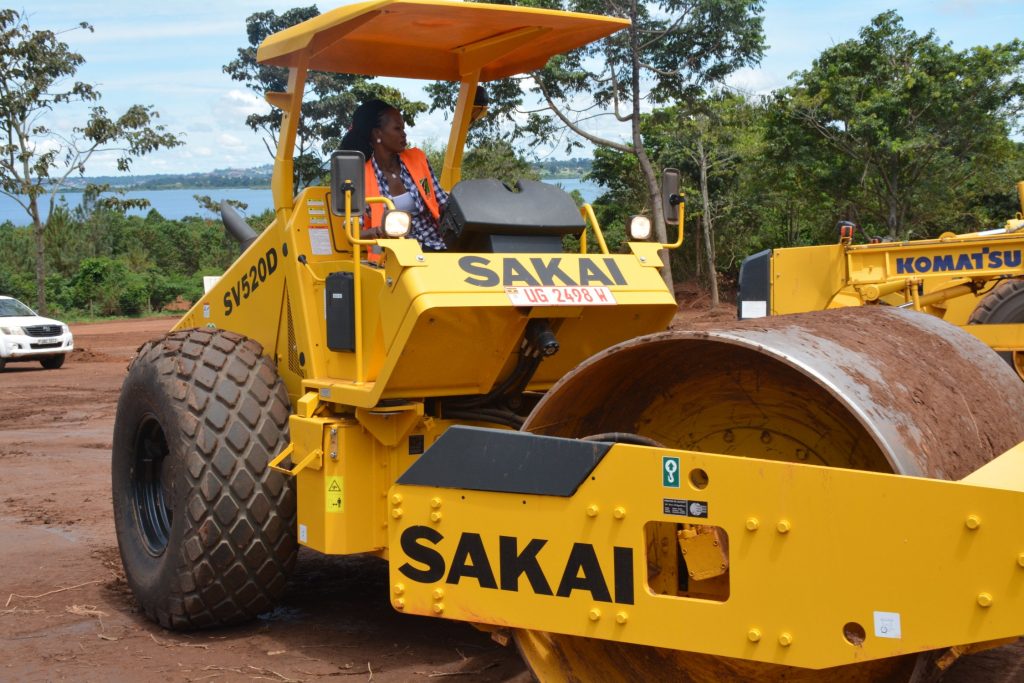
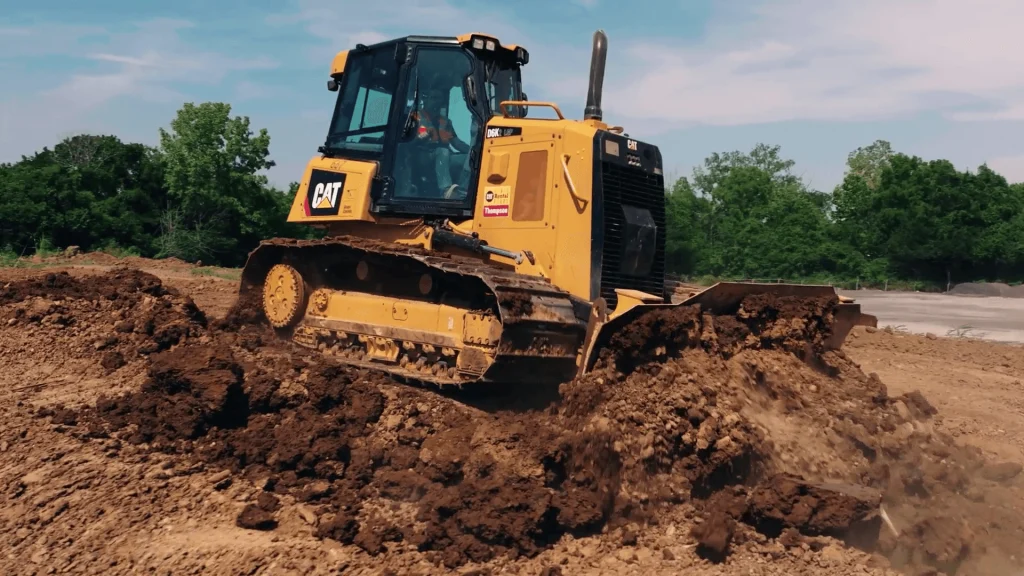

We’re not just a school we’re a launchpad.
You don’t need a degree to succeed you need the right skill, the right hands-on training, and the right support. We provide all three.
After completing forklift training, your skills can be applied in:
With demand increasing across Uganda and East Africa, this is your time to rise.
How long is the forklift training course at Machinery Training Uganda?
The forklift training takes 1–2 weeks, depending on your pace. We ensure you gain enough practice to operate confidently in any work setting.
Do I need any previous driving experience to enroll?
No. You don’t need to know how to drive a car or any vehicle. We start from zero and build you up to that desired operator you have always wanted to become.
Can I train if I only speak Swahili or Luganda?
Yes. We offer instruction in Swahili, English, and basic Luganda to support all learners, especially those not fluent in English.
What kind of job can I get after this training?
You can work in warehouses, construction sites, supermarkets, factories, and even export companies. Forklift operators are in demand everywhere.
Do I get a certificate after training?
Yes. You’ll receive a recognized certificate proving your skills and completion of the course.
How much does the training cost?
Our fees are affordable forklift is just Ugx. 700,000 and we also have meals and accommodation. Contact us directly for current pricing or special offers.
I’m coming from another district. Where will I stay?
We provide clean accommodation with beds and free meals to all trainees coming from far. Your comfort is our priority.
Can foreigners join the course?
Absolutely. We assist with visa processing and provide all necessary documents to support your travel and stay in Uganda.
If you’re tired of sitting home without a job, or just need a skill you can depend on, forklift training could change your life. At Machinery Training Uganda, we give you everything you need to succeed skills, accommodation, meals, support, and real machines to practice on.
No shortcuts. No empty promises. Just employable skills, the right training, and a future worth lifting.
Your next opportunity is just one forklift away will you take it?

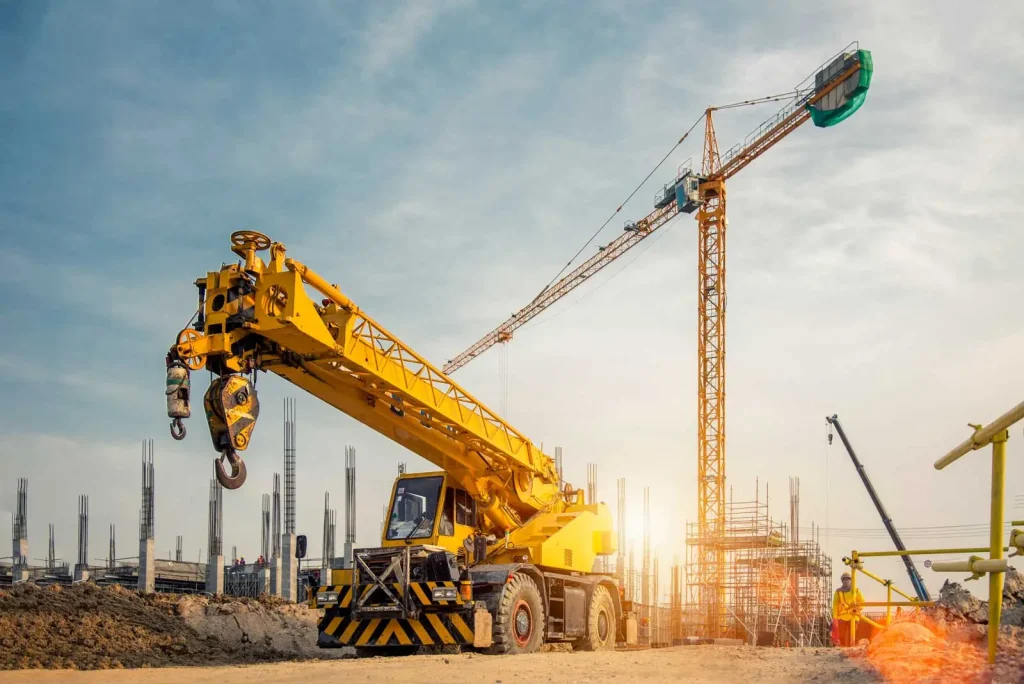

Join us to start a transformational journey to unlock limitless doors of heavy machinery opportunities.
Machinery Training Uganda is a reputable and leading Heavy Machinery Training Centre offering affordable training courses in Trailer, Excavator, grader, forklift, sino trucks and more.
+256 772 069 909
+256 749 762 961
machineryuganda@gmail.com
Office #4 Agora Mall, Kireka, Kinawataka Rd Opposite Eco Petrol Station
Copyright Machinery Training Uganda © 2026 All Rights Reserved